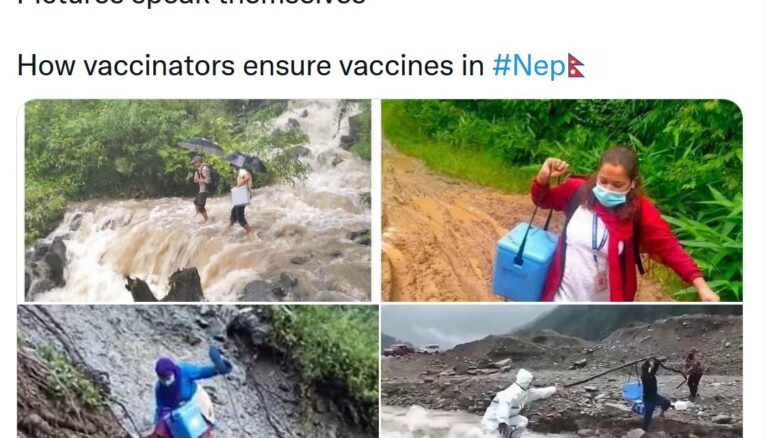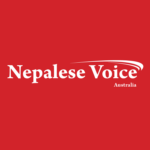
Nepal is all set to host the 74th Regional Committee Session of WHO South-East Asia, the annual governing body meeting of WHO in the Region, from 6 to 10 September.
The ongoing pandemic and measures to ‘build back better’ essential health services to achieve universal health coverage are among the key issues that health ministers of Member countries of WHO South-East Asia Region will deliberate upon during the week-long virtual session.
The meeting will be attended by WHO Director-General Dr Tedros Adhanom Ghebreyesus, Regional Director Dr Poonam Khetrapal Singh, Health Ministers and senior health officials of Member countries of the Region, UN Agencies, partners, donors, and civil society representatives.
Strengthening public health emergency preparedness and response, accelerating progress for prevention and control of non-communicable diseases, and ending viral hepatitis, HIV and STI are among other key issues to be discussed at the annual meeting.
Monitoring progress on universal health coverage, revitalizing school-health, and the regional framework for vaccine action plan for vaccine preventable diseases will also be discussed.
The meeting will also take stock of the progress being made in the Region on resolutions adopted at previous Regional Committee meetings.
Measles and rubella elimination by 2023, improving access to essential medical products, the South-East Asia Regional Health Emergency Fund and strengthening health systems to accelerate delivery of services for non-communicable diseases at the primary health care level, would come up at the meeting.
While responding to the ongoing pandemic, countries in the Region are also making efforts around the eight regional flagship priorities – to eliminate measles and rubella by 2023, address non-communicable diseases through multi-sectoral policies and plans, accelerate reduction of maternal, neonatal and under-five mortality, advance universal health coverage, reverse antimicrobial resistance, scale-up emergency risk management capacities and eliminate neglected tropical diseases and TB.
Home to one-fourth of the global population, the South-East Asia Region continues to sustain the impressive progress made around the priority programs. WHO South-East Asia Region eradicated polio in 2014 and eliminated maternal and neonatal tetanus in 2016.
Maldives and Sri Lanka have eliminated both measles and rubella, while Bhutan, DPR Korea and Timor-Leste have achieved measles elimination. Maldives, Sri Lanka and Thailand have eliminated lymphatic filariasis.
Nepal and Myanmar have eliminated trachoma. India is yaws-free. Sri Lanka and Maldives have eliminated malaria.
Similarly, Thailand, Sri Lanka and Maldives have eliminated mother-to-child transmission of HIV and Syphilis. Bangladesh, Bhutan, Nepal and Thailand have controlled Hepatitis B.
Meanwhile, WHO has lauded Nepal for successfully administering more than 10 million doses of COVID-19 vaccines and fully vaccinating 15% of its population.





